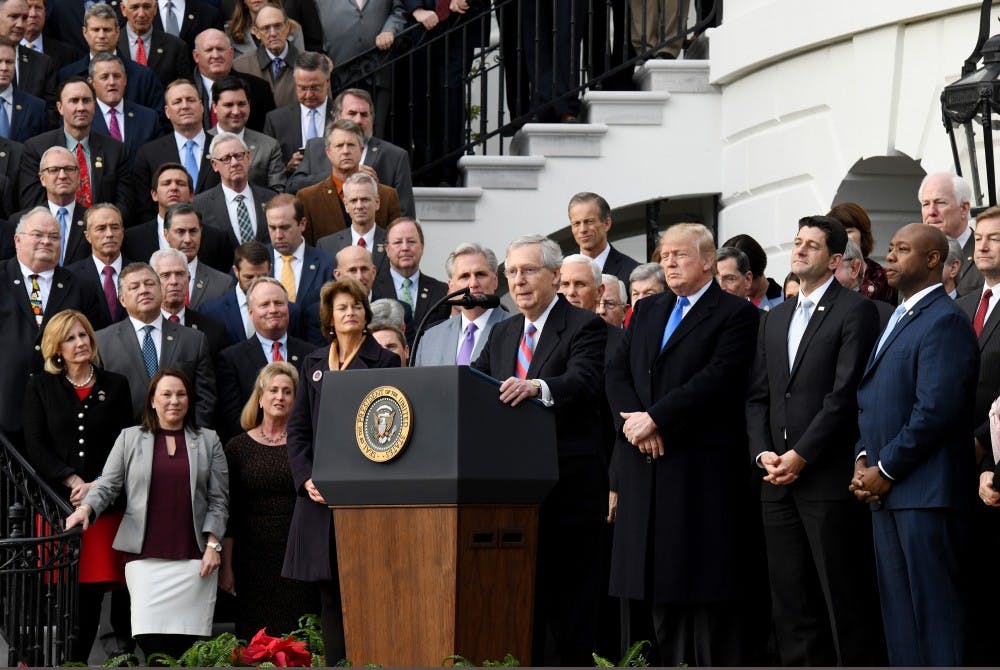The government has reopened for now, so until Feb. 8 Americans can breathe a sigh of relief. Not to rain on the parade, but the fact still remains that Congress has not created a long-term budget and that the major issues that caused this shutdown were not truly addressed. The bill to end the shutdown first passed the Senate when Senate Majority Leader Mitch McConnell agreed to hold talks on immigration.
However, the terms of these talks are vague, and a compromise on either side will more than likely upset both parties' bases. As most of the time with Congress, I am doubtful that anything meaningful will come from these talks. Will that mean another government shutdown? Immigration was a key issue in President Trump’s campaign platform, so why is there so much uncertainty in the party as to what it's going to do with key immigration legislation?
Also, this is a man who criticized President Obama in 2013 for his failure during a government shutdown, claiming that the blame for a shutdown falls on the president. Now the president, Congress and weak leadership on both sides of the aisle has created a sense of chaos and uncertainty in the country. That uncertainty is unfair for government employees that the shutdown has effected, such as the men and women of the military whose paychecks are reliant on the government.
Immigration aside, this shutdown has shown a continuation of a much larger problem. Politicians in our country would rather score political points for their party than compromise to pass legislation. While the literal shutdown of the government may be over, the figurative shutdown of the government — its inability to govern efficiently — will more than likely plague D.C. for years to come.

